Genomic Profiling Improves Metastatic Breast Cancer Research
Researchers are now able to use cell-free DNA to chart the evolution of genetic mutations in the tumor cells in response to therapy and as time goes by, according to Harold J. Burstein, MD, PhD, from Dana-Farber Cancer Institute and Harvard Medical School, in his talk at the San Antonio Breast Cancer Symposium in December 2019.
He highlights research from various studies including DESTINY-Breast01 and HER2CLIMB for HER2-positive metastatic breast cancer, IMPASSION 130 for immunotherapy in triple negative breast cancer, studies for CDK4/6 inhibitors in ER-positive metastatic BC and trials for new chemotherapy treatments.
Researchers were able to show in one patient, from a tumor that originally began as an estrogen receptor positive breast cancer which was also HER2-positive and treated with HER2-targeted therapy, the cancer burden went down in the bloodstream, and then a mutation arose that was resistant to endocrine therapies, and then another mutation arose.
"The molecular biology of advanced BC is going to evolve over time in response to specific treatments and a one-time measurement of the cancer is probably not going to be as ultimately informative," Burstein said. "But with the availability and access to cell-free DNA means that we are probably going to be charting this in a lot of patients. First, as a research tool and then to treat patients more effectively."
Video Content: Dana-Farber Cancer Institute
Video Source: YouTube
He highlights research from various studies including DESTINY-Breast01 and HER2CLIMB for HER2-positive metastatic breast cancer, IMPASSION 130 for immunotherapy in triple negative breast cancer, studies for CDK4/6 inhibitors in ER-positive metastatic BC and trials for new chemotherapy treatments.
Researchers were able to show in one patient, from a tumor that originally began as an estrogen receptor positive breast cancer which was also HER2-positive and treated with HER2-targeted therapy, the cancer burden went down in the bloodstream, and then a mutation arose that was resistant to endocrine therapies, and then another mutation arose.
"The molecular biology of advanced BC is going to evolve over time in response to specific treatments and a one-time measurement of the cancer is probably not going to be as ultimately informative," Burstein said. "But with the availability and access to cell-free DNA means that we are probably going to be charting this in a lot of patients. First, as a research tool and then to treat patients more effectively."
Video Content: Dana-Farber Cancer Institute
Video Source: YouTube





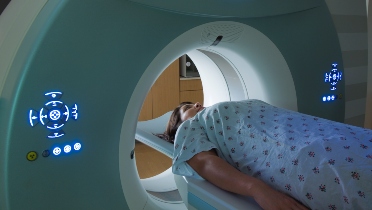

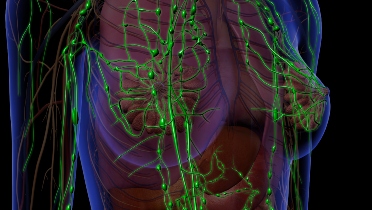
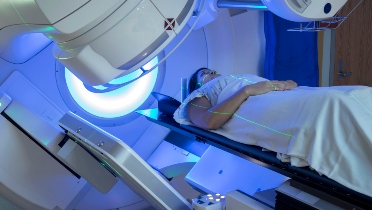



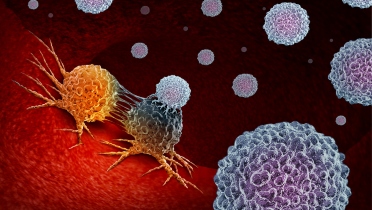



.jpg)

.jpg)
.jpg)
.jpg)
.jpg)


.jpg)
.jpg)
.jpg)

.jpg)
.jpg)
.jpg)
.jpg)
.jpg)
.jpg)
.jpg)
.jpg)

.jpg)
.jpg)
.jpg)

.jpg)
.jpg)

.jpg)


.jpg)

.jpg)
.jpg)
.jpg)

.jpg)

.jpg)
.jpg)
.jpg)

.jpg)

.jpg)
.jpg)
.jpg)

.jpg)
.jpg)
.jpg)
.jpg)
.jpg)

.jpg)

.jpg)
.jpg)


.jpg)
.jpg)
.jpg)
.jpg)
.jpg)

.jpg)
.jpg)

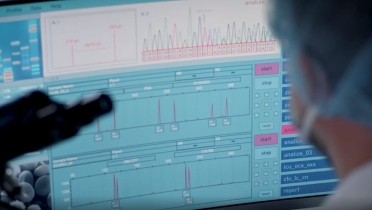
.jpg)
.jpg)


.jpg)
.jpg)
.jpg)
.jpg)
.jpg)
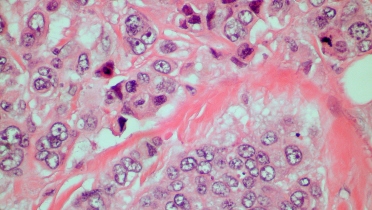
.jpg)
_.jpg)
.jpg)
.jpg)
.jpg)

.jpg)
.jpg)

.jpg)
.jpg)
.jpg)


.jpg)
.jpg)
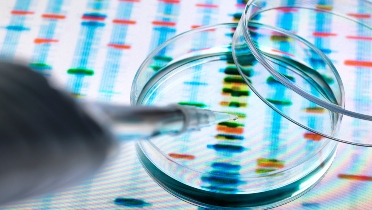
.jpg)
.jpg)
.jpg)
.jpg)
.jpg)
.jpg)
.jpg)
.jpg)
.jpg)
.jpg)

.jpg)
.jpg)
.jpg)
 Featured Breast Cancer Videos
Featured Breast Cancer Videos.jpg)